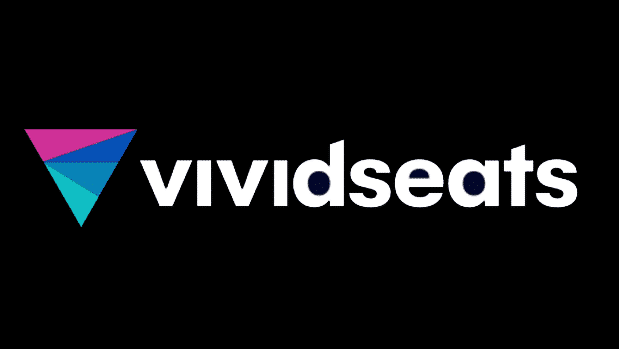A proposed class action lawsuit filed in California alleges Vivid Seats uses “bait-and-switch” tactics, deceiving consumers by showing artificially low prices and then adding fees at the last step of the transaction. Such practices, commonly referred to as “drip pricing” have come increasingly under fire by consumers and regulators alike, and have been subject to lawsuits in the past, including one that closed with Ticketmaster settling with Canada’s Competition Bureau for $4.5 million in 2019.
The lawsuit was initially filed in Orange County’s Superior Court in late April by Brent Dennard, whose complaint centers around an incident he had while shopping for tickets in March. It was transferred to California’s Central District Court in late May. In the complaint, Dennard alleges finding a pair of tickets marketed as costing $21 each while browsing the Vivid Seats website. However, the price went from the initially advertised $41 to $59.80 after he had selected the tickets, created an account on the website, entered his billing information, and then proceeded to the final confirmation page.
In the complaint, Dennard alleges that Vivid Seats “lures” consumers into purchasing tickets by making them believe they can be purchased for far less than their actual cost. While the complaint does spell out that Dennard realized the fees had been added before clicking through the final purchase agreement, it argues that many consumers would likely miss such added fees when they are added late.
“Because Vivid intentionally hides additional fees in a separate link that is not automatically presented to customers as part of the transaction, reasonable consumers are drawn in by deceptively low ticket prices advertised in an initial search, and then proceed through check out without ever becoming aware of the amount of the so-called ‘service’ and ‘electronic transfer’ or ‘mobile delivery’ or ‘Flash Seats’ fees that have automatically been included in the total price.”
Others, like Dennard, purchase despite the added fees due to having spent the time and effort adding contact and payment details, allowing the company to “[rake] in millions of dollars” from consumers who are roped in by the “deceptively low ticket prices” shown at first glance, which make true comparison shopping much harder.
Vivid Seats is one of the few ticketing companies that continues to only show the full cost of tickets listed on its marketplace at the end of a transaction. While some ticket marketplaces, such as TickPick, MEGASeats and Ticket Club, offer an “all-in” pricing model that shows the full price a consumer will pay up front by default, the majority of other marketplaces have adopted an option where consumers can choose to display prices including estimated fees as their default. TicketNews surveyed the industry and found that almost all allowed for consumers to choose to view all-in prices by the summer of 2021, in the wake of harsh criticism of “drip pricing” from the Federal Trade Commission during the 2019 “That’s The Ticket” workshop on the industry.
Only AXS and Vivid Seats did not allow for the default view to show fees.
More recently, NYU academics petitioned the FTC to ban drip pricing altogether, publishing an essay asking for regulatory action in the New York Times last August, which was followed by a period of public comment where consumers were able to submit their thoughts as the regulator considers next steps.
This lawsuit seeks to form a class action comprised of all consumers in California who have purchased tickets from Vivid Seats in the last four years.




